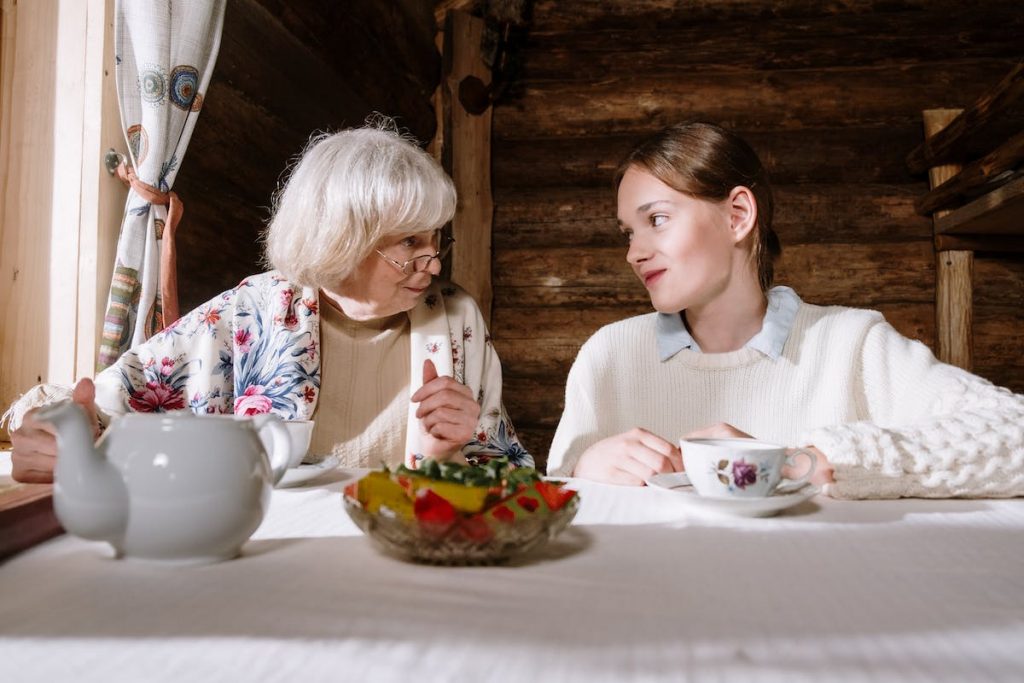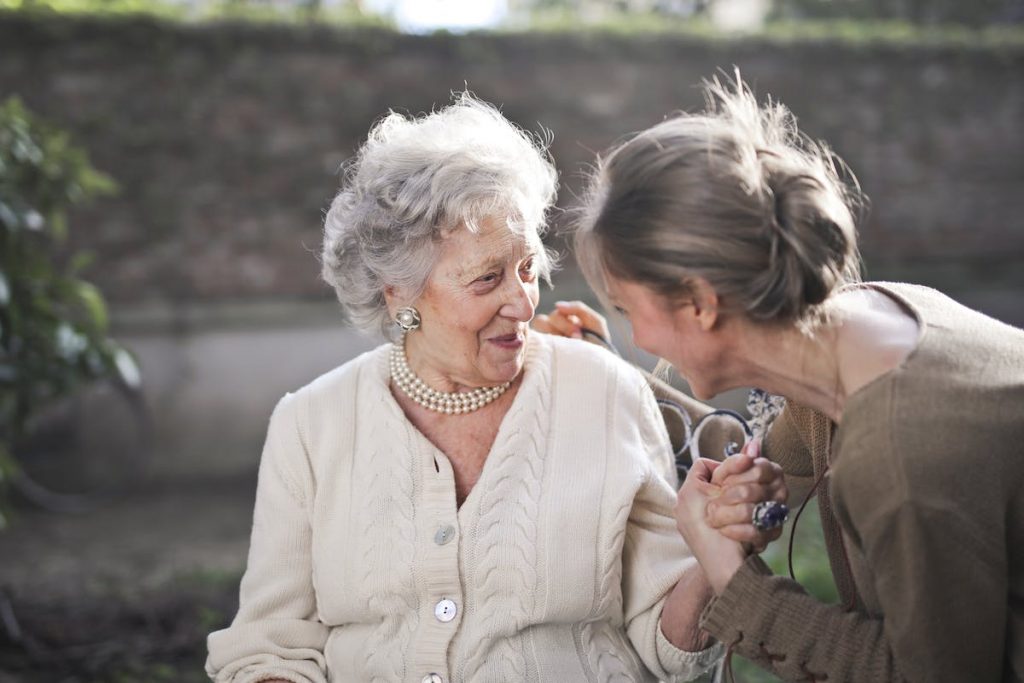- Volunteering time and assisting with physical tasks greatly help the elderly in local communities.
- Providing companionship and regular health check-ins can reduce the elderly’s feelings of isolation.
- Learning basic healthcare skills, such as taking vital signs and administering medication, is beneficial.
- Small acts of kindness towards seniors significantly improve their quality of life and foster a caring community.
As people go through their daily lives, it’s essential to take some time to reflect and think about the people in the community who might need a helping hand. The elderly, in particular, are often overlooked and forgotten despite having lived rich, full lives and contributed significantly to society. Helping the elderly in your neighborhood is a great way to give back and show gratitude for their work. Here are essential tips to get started!
Offer your time.
One of the best ways to help the elderly in your neighborhood is simply by offering your time. This could mean volunteering at a local senior center, helping at an assisted living facility, or simply chatting or checking in on an elderly neighbor. Many seniors are on fixed incomes and can’t afford to pay for additional assistance, so offering your time is a great way to make a difference.
Help with physical tasks.
Many elderly individuals struggle with physical tasks like cleaning, cooking, or grocery shopping. Offering to help with these tasks can be a lifesaver for someone who might not have the strength or energy to do it on their own. Consider creating a schedule where you can help out regularly or simply offer to run errands when needed.
Be a listener.

Sometimes, the best gift you can give an elderly person is simply a listening ear. Many seniors feel lonely or isolated, and having someone to talk to can greatly help. Take the time to sit down and chat over a cup of coffee or offer to take them out for a meal. Listening to their stories and sharing their experiences is a great way to build connections and show kindness.
Check-in on their health.
As people age, their health needs become more complex. Checking in on an elderly neighbor’s health is a crucial way to offer support and help. Make sure they have access to medical care, offer to accompany them to appointments, and make sure they’re taking any necessary medications. A little care can go a long way in ensuring an elderly person stays healthy and cared for.
Learn basic healthcare skills.
In addition to checking in on an elderly neighbor’s health, it’s a good idea to learn basic healthcare skills. Having these skills will not only help your elderly neighbors but also give you the confidence and ability to provide assistance when needed. The skills you could learn include the following four:
Taking vital signs
Taking and recording a person’s temperature, blood pressure, pulse, and respiratory rate is essential in monitoring their health. You can learn how to do this by taking a course or by practicing with an experienced caregiver.
Assisting with personal hygiene
Elderly individuals may need assistance with daily tasks such as bathing, grooming, and dressing. Learning how to properly assist them without causing discomfort or injury is an important skill to have. Consider taking a class or shadowing a professional to learn these skills.
Administering medication

It’s essential to have a basic understanding of how medications work and how to properly administer them. Elderly individuals may have multiple prescriptions that they need help keeping track of, so learning this skill can be incredibly helpful. Taking a medication administration course can give you the necessary knowledge and training required to assist with medication management. This course can also help you recognize any potential side effects or interactions.
First aid and emergency care
In case of an emergency, it’s essential to know basic first aid skills and how to respond in different situations. This includes knowing how to perform CPR, the Heimlich maneuver, and how to properly bandage a wound. These skills can be learned through classes or by volunteering with organizations such as the Red Cross.
With these basic healthcare skills, you can not only help the elderly in your neighborhood but also be prepared to assist anyone in need.
Assisting the elderly in communities is a noble cause that requires empathy, understanding, and commitment. The tips mentioned above provide a helpful starting point for anyone looking to make a positive impact in the lives of seniors around them.
Remember, your presence and willingness to help can significantly brighten someone’s day and improve their quality of life. So, don’t hesitate to take the initiative; your efforts can make a big difference. No matter how small, every act of kindness contributes to a kinder, more caring world.


